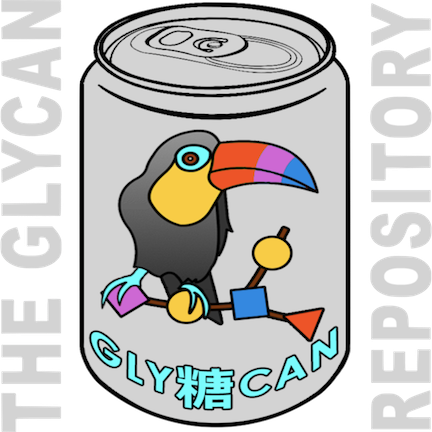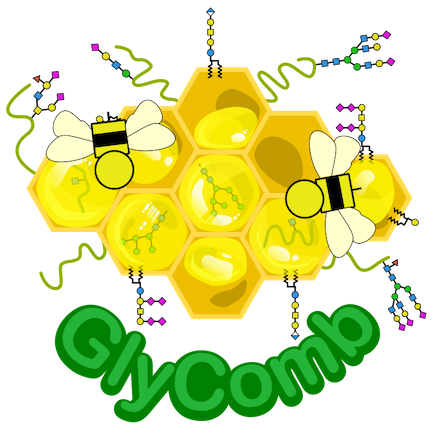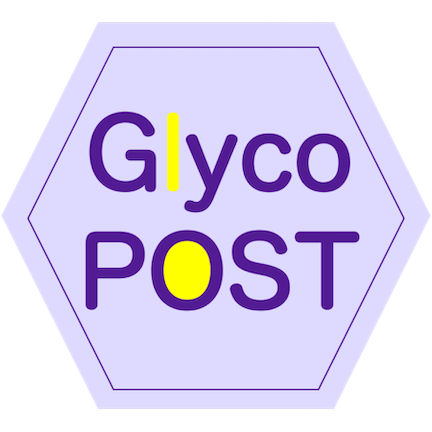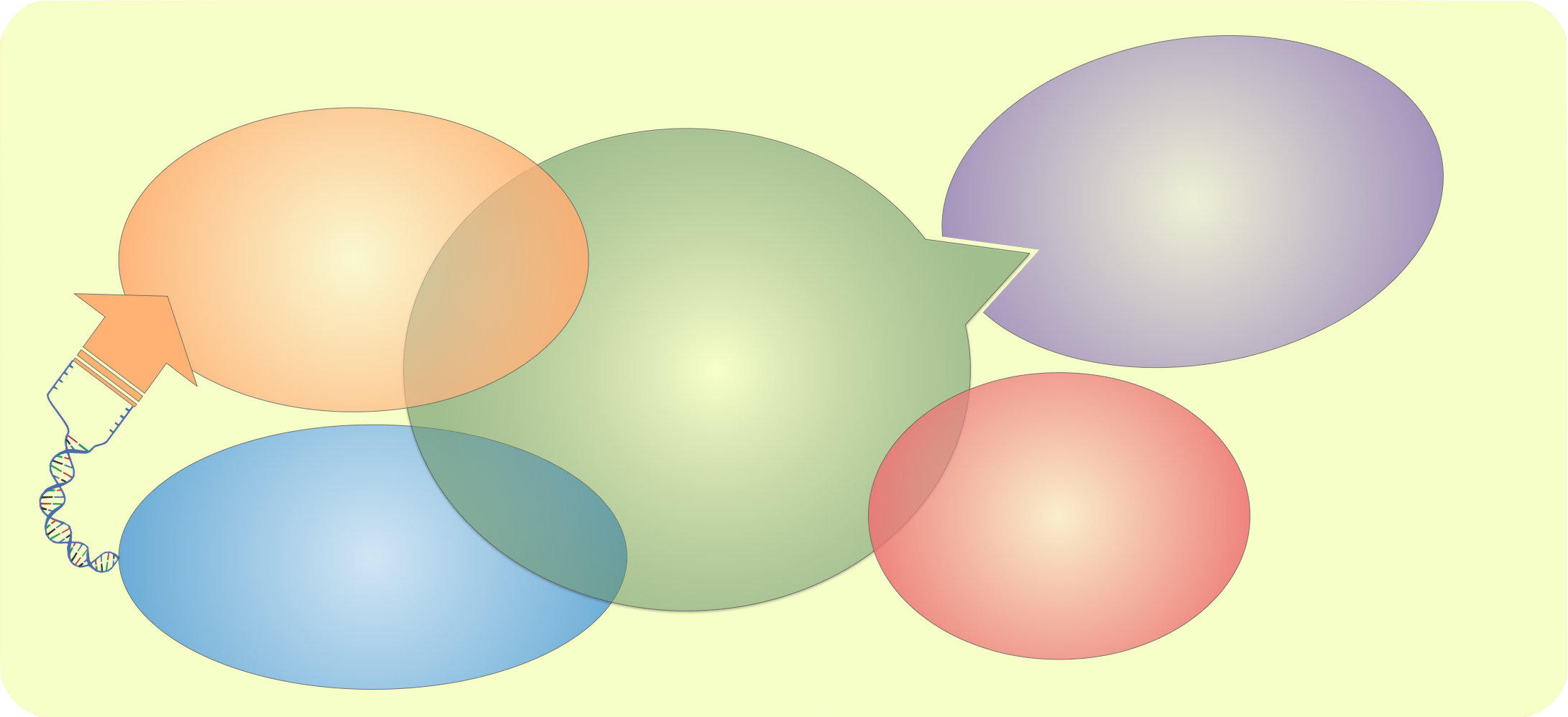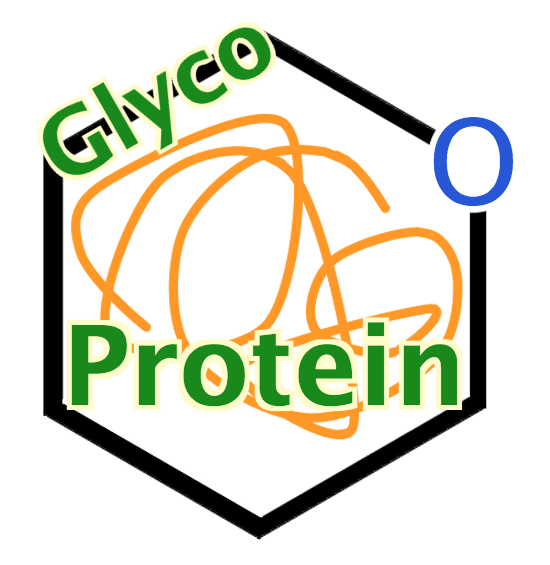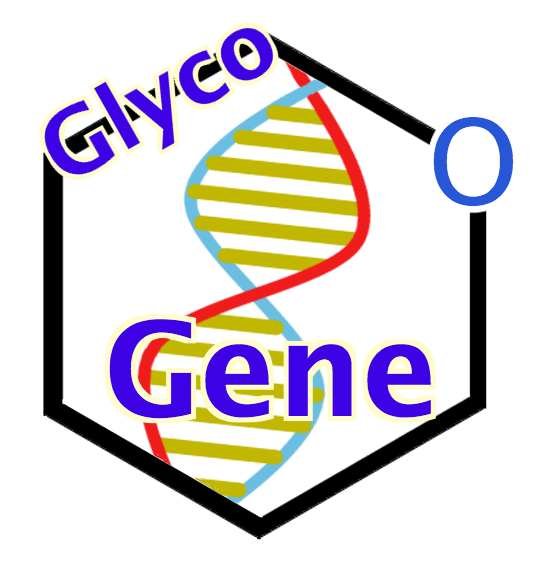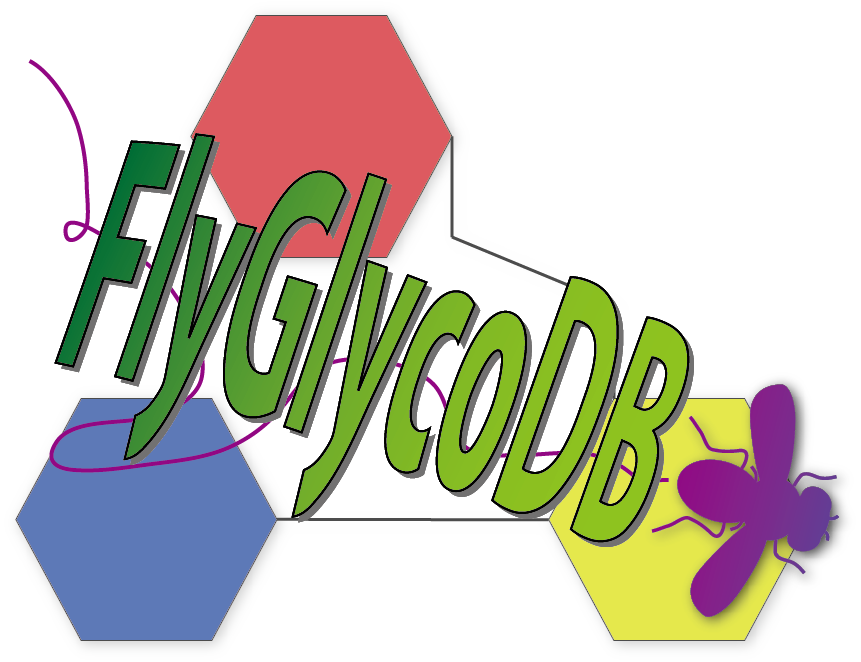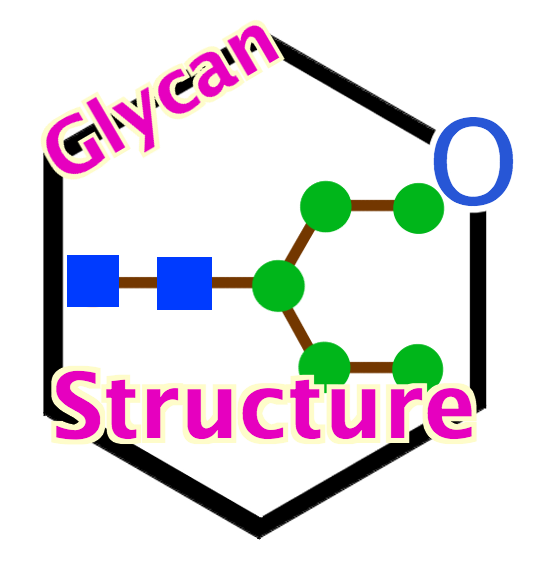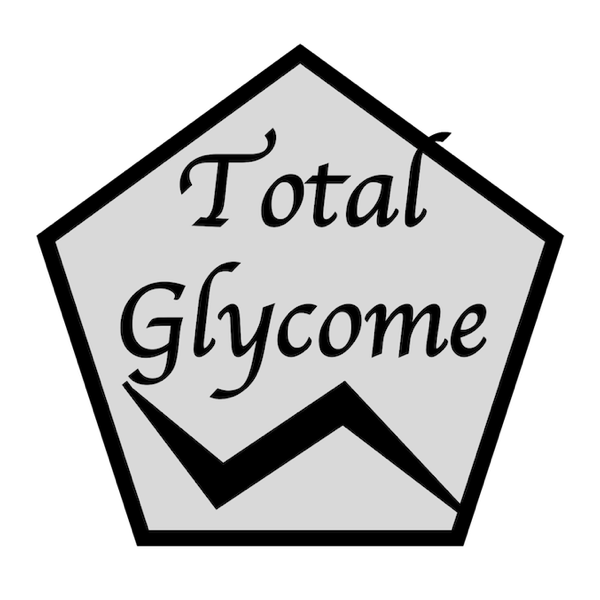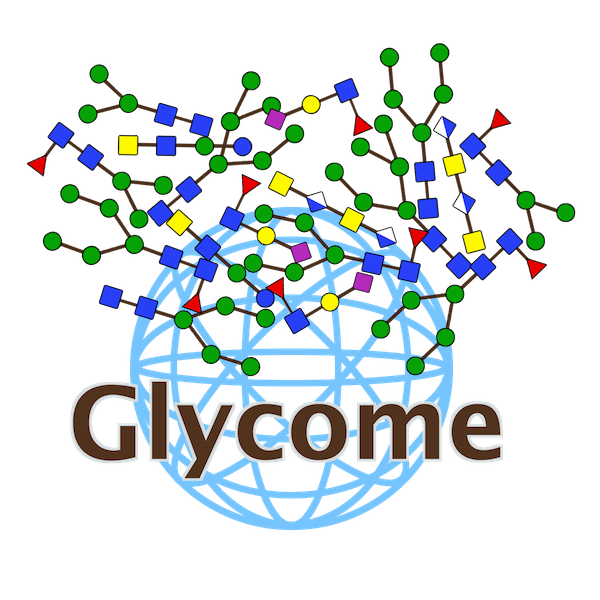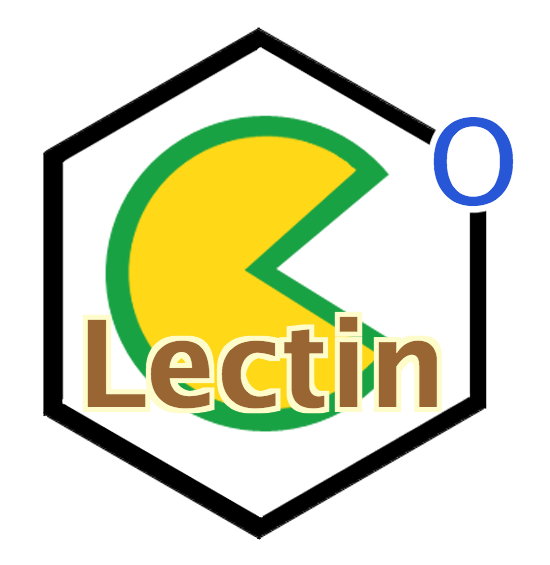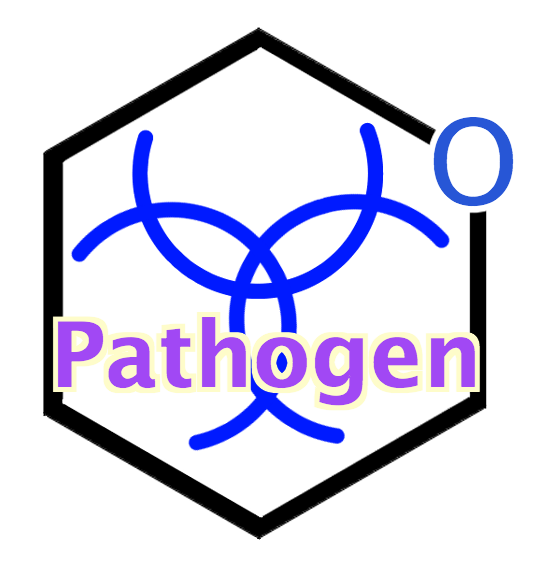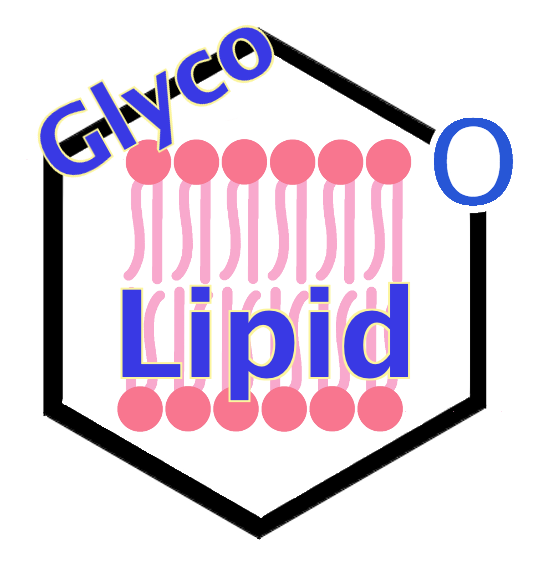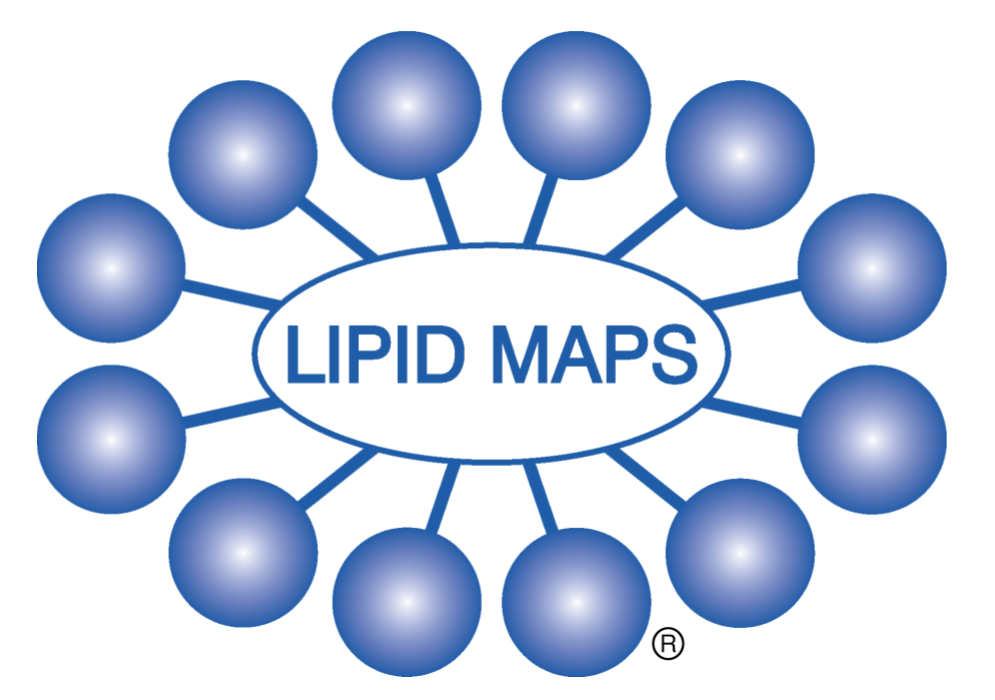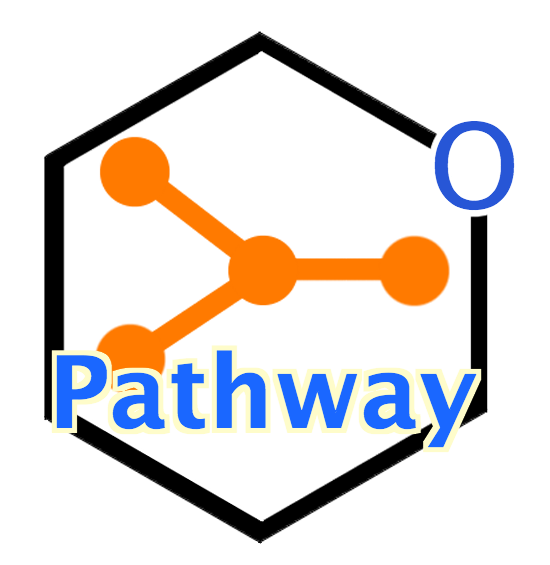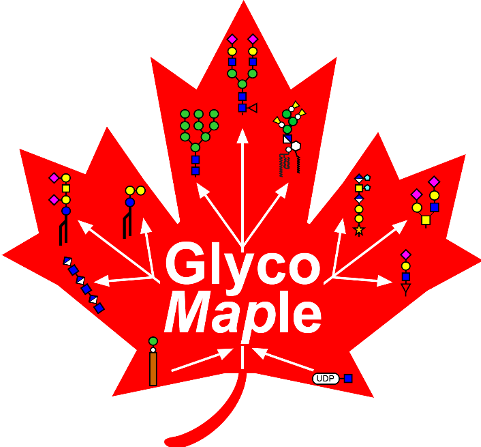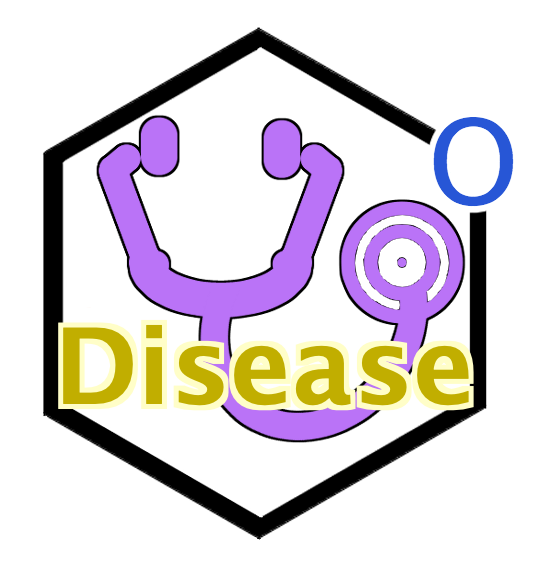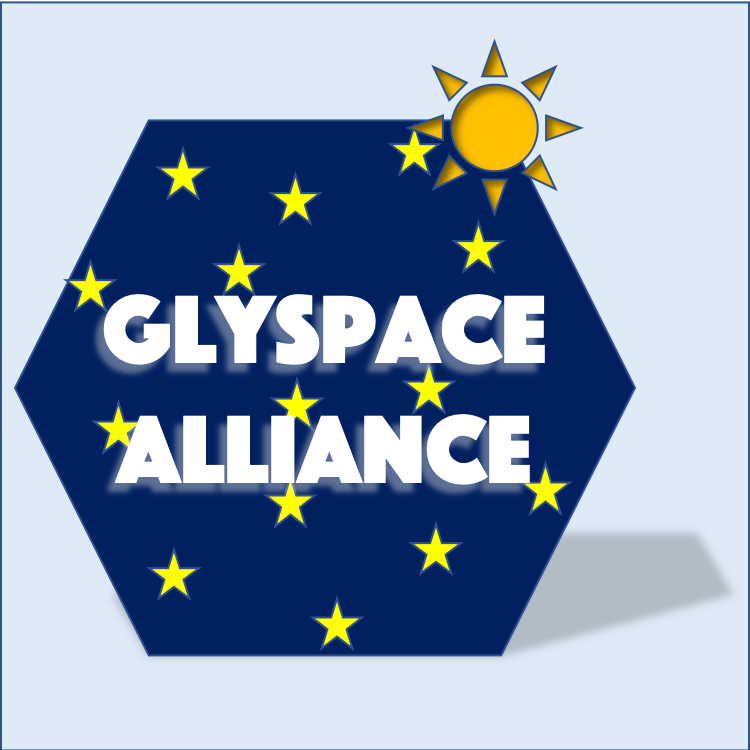Integrated list of glycan-related genes extracted KEGG GENES Database, UniProt, GlycoGene Database (GGDB), Plant GARDEN and FlyGlycoDB. Glycan-related genes including glycosyltransferase, hydrolase activity (acting on glycosyl bonds), carbohydrate metabolic process, etc .
Integrated list of glycoproteins extracted from UniProt and annotated with glycosylation data from GlyGen, GlyConnect, GlycoProtDB and The O-GlcNAc Database. For each entry, information such as glycosylation site, glycans, diseases, 3D structures, and pathway information are available.
Integrated list of Lectins, including proteins with carbohydrate binding function obtained from UniProt and lectin data from Lectin Frontier DataBase (LfDB), UniLectin and CarboGrove. Glycosylation site information, along with glycan-binding patterns are also integrated where available.
Glycolipid entries from the LIPID MAPS Structure Database (LMSD).
The list of validated glycans extracted from GlyTouCan, updated weekly.
Integrated of pathway data, containing glycoproteins and glycans obtained from Reactome and the Metabolism of carbohydrates in Escherichia coli O-antigens obtained from ECODAB. Search by pathway name, species, and protein name.
List of diseases involving glycan related genes. The information of each database of Glyco-Disease Genes Database (GDGDB) and Alliance of Genome Resources is integrated into one list.
List of all species in GlyCosmos Resources.
